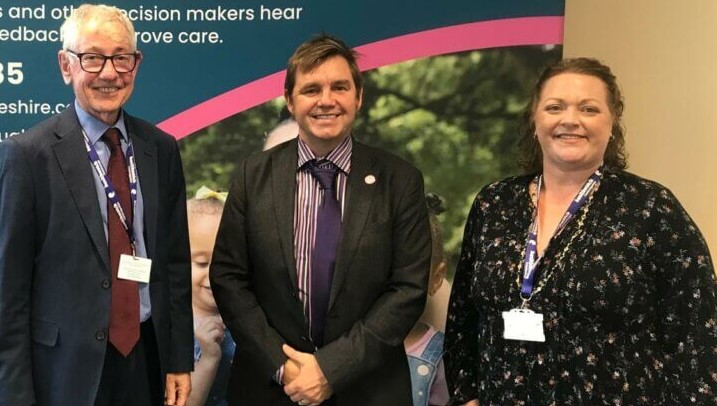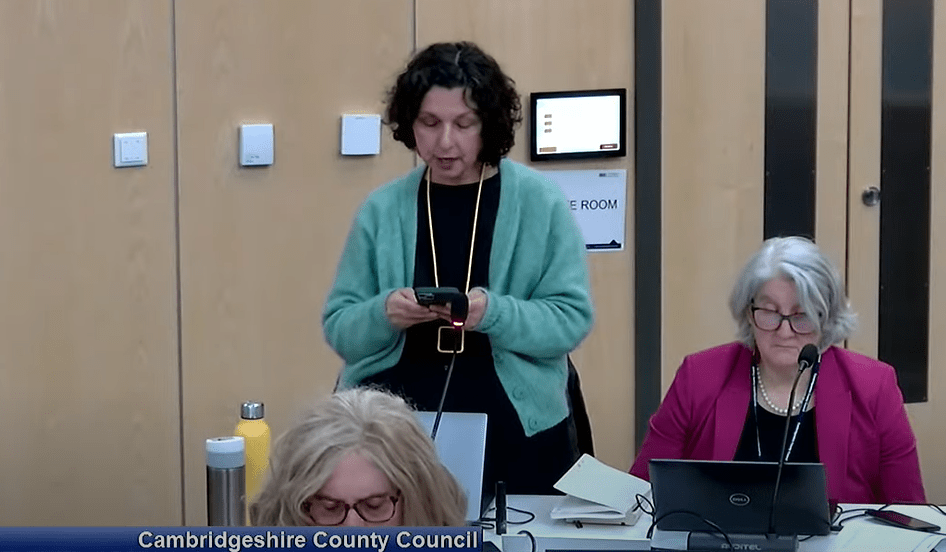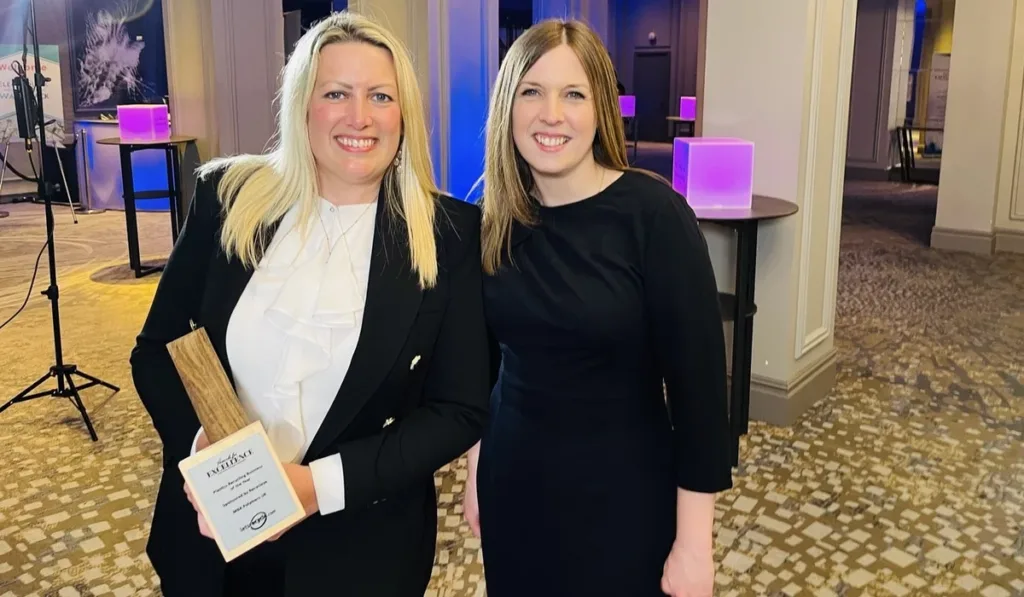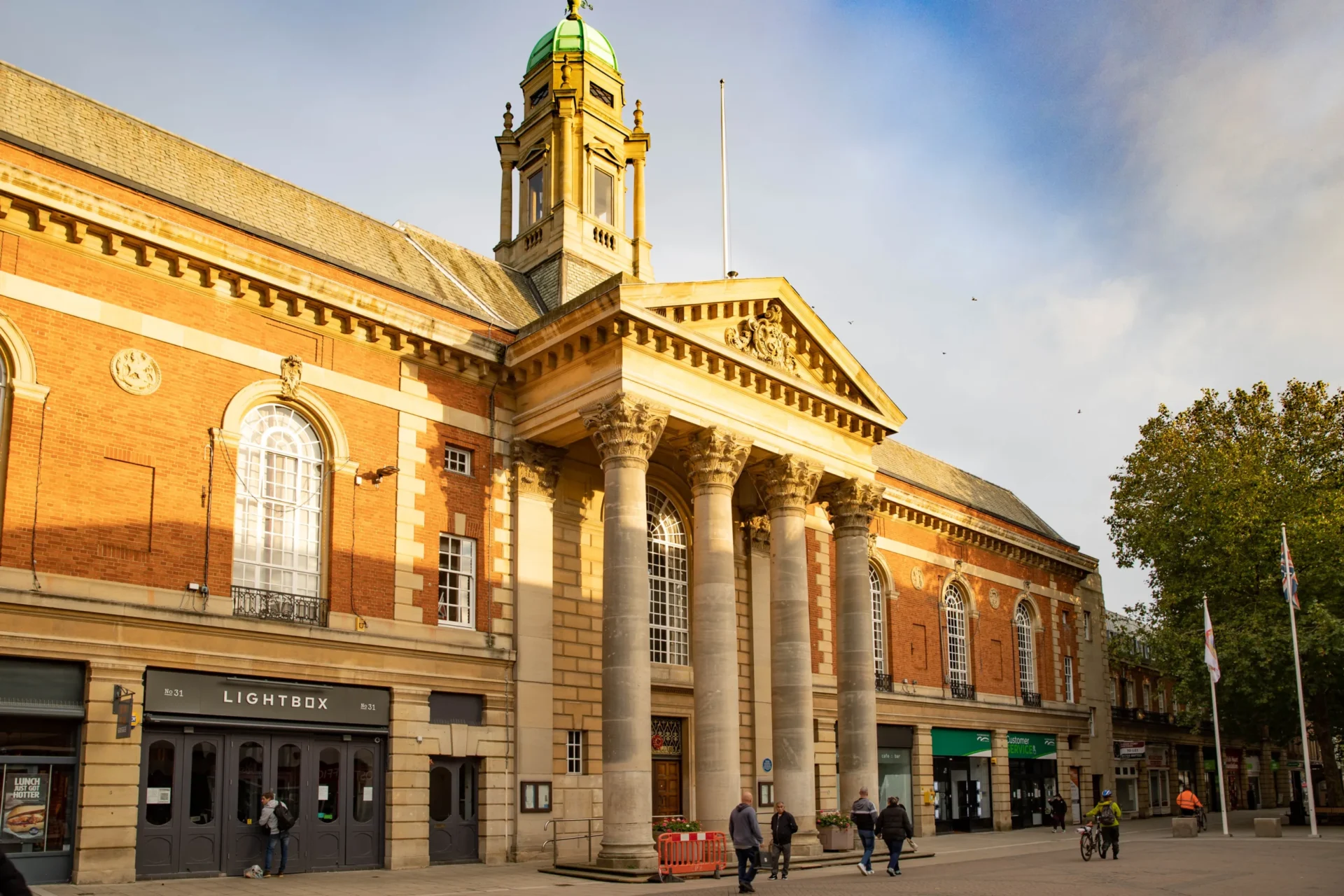Mayor of Cambridgeshire and Peterborough Dr Nik Johnson rounded off the Healthwatch Cambridgeshire and Peterborough Summit on tackling health inequalities with reflections on his own medical career and the challenges facing the health sector.
His speech to the summit, held on October 2, can be read below.
Read more about the summit:
I’m Nik Johnson, and I am here today as Mayor of the Cambridgeshire and Peterborough Combined Authority. But I’m also here as a still practicing children’s doctor, with a weekly clinic at Hinchingbrooke Hospital.
It might be obvious, but I’ve been a medic a good while longer than I’ve been a mayor, and in many ways I wanted to be the mayor BECAUSE I was a doctor.
Because of all the things I was having to deal with for the kids I see and their families.
Treating the patients without actually being able to solve the problems that were making them ill in the first place.
Be it prescribing inhalers but being powerless on air quality.
Or diagnosing chest infections, whilst unable to do anything about damp and mouldy homes.
Or offering regular, consistent care, all the while helpless in the face of no-fault eviction.
In so many cases it felt more and more like I just couldn’t do enough and that didn’t sit right with me.
So, the likes of Sir Michael Marmot, and their work on the wider social determinants of health and need to fundamentally change how we tackle underlying health inequalities was, as the saying goes, music to my ears.
And I feel exactly the same way about today’s conference and having the fortune of speaking later in the day, I’ve had the privilege of listening to the many excellent contributions made thus far.
And knowing that so many of us feel the same way about the size and shape of these problems, and the need to go about solving them differently, is a source of huge comfort and confidence.
As I say, I’ve listened – and I should say how much I welcome and respect the fact that the importance of listening to those with lived experience is such an integral part of today’s conference – but as I say, I’ve listened and, if you’ll indulge me, just want to reflect on few on my personal highlights.
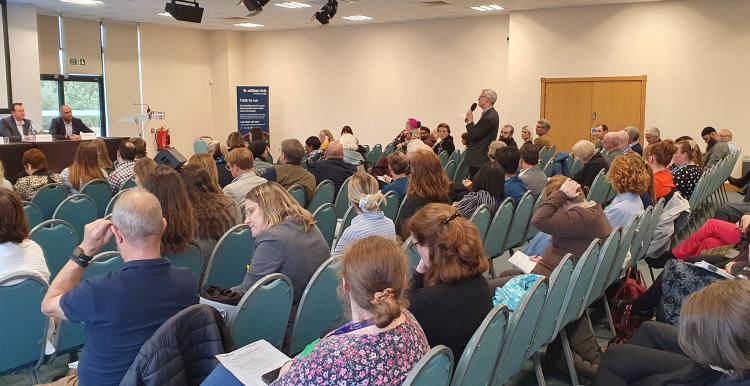
As for me as mayor, as personally and professionally motivated as I am to help everyone I meet in any way I can, I do get that the combinations of opportunity and obligation that I have as the elected head of a combined authority demand that I think and work at the more strategic level.
Not least because, as we all clearly appreciate, the consequences of unequal health outcomes aren’t just profoundly felt by those most immediately affected.
As we know, they go well beyond the individual, rippling out through households, communities, towns, cities, regions, even nations.
They can have significant impacts on society, both socially and economically, and as mayor, it’s the economy that I’m tasked with supporting.
And as economies go, that of Cambridgeshire and Peterborough presents some uncommon complexities and unwelcome contradictions.
Crudely, for everything here considered world class or leading edge, for every successful spin-out, every IPO, every unicorn, ours is a region also having to contend with multiple layers of really very entrenched, very pronounced poverty and deprivation.
For me as mayor, cutting to the case, this dual reality – the vast divide – lays bare the responsibility of the state and the urgency with which we need to intervene.
These gross disparities will not resolve themselves.
Instead, as they have been for some time, they will only exacerbate and compound to the very substantial detriment of us all.
So, what does this mean for a Combined Authority?
What’s it got to do with a Mayor?
Well, for example, you might have seen that, since the general election, we have been talking a lot about what government wants from us in terms of ‘Local Growth Plans’.
Looking at what our region does best and how we might best help these various sectors to prosper.
But it’s not all about GDP.
For me, true progress is reflected in how well we address and reduce inequalities.
The benefits of a thriving economy should be universal.
Economic growth, when pursued intelligently, and compassionately, with a focus on reducing inequalities, can, should, and must significantly improve public health.
To achieve these goals, we must consider the structural changes needed to support our efforts.
I’d argue that, via this government’s ambitions for further devolution, providing the necessary responsibilities to local and regional government, Mayoral Combined Authorities like Cambridgeshire and Peterborough is a crucial step.
We, in concert with our partners, are uniquely positioned to understand and address the specific needs of our communities.
We can ensure that local solutions are tailored to local problems, leading to more effective and sustainable outcomes.
This might sound like an awkward segue, but genuinely, a hugely impactful, readily deliverable, practical intervention revolves around better public transport, not least in the form of ubiquitous bus services.
Rural and semi-rural isolation are big issues for us, for the person, and for the multitude of missed opportunities.
Improved connectivity can open up a whole new world.
Opportunities for education, employment, and healthcare, particularly for those in deprived areas.
A chance to socialise, to be active, to be immersed in the wealth of cultural offerings, be they creative, heritage, or historic.
To be somewhere new.
To be someone new.
Simply put, by working consistently, collectively, in pursuit of much, much better civic infrastructure of which public transport is up there with good quality affordable housing, we can begin to bridge the gaps that, in terms of quality of life and life chances, are so shamefully keeping us apart.
Let me stress though the ‘begin’ part of what I’ve just said – not for one minute do I think public health solutions lie solely in new stuff, be they buses, houses, or jobs.
Yes, of course, those things are essential.
They are non-negotiables.
And they will go a long way to making things better for lots and lots of people.
But they are not it, they are not everything.
As I see it, we also need a fundamental mindset shift.
From front line public servants to the most senior members of government, to solve our public health crises, we need compassion, empathy, and a willingness to acknowledge that many of our most treasured institutions need to change if we are to change the fortunes of not only those most in need but also those of our collective selves.
Very happily, as is evident from today’s events, none of this is starting from zero.
Very clearly, we are all well aware of the scope and scale of the challenge and, very clearly are well beyond the point of just being ready and willing to act as obviously all manner of extremely impressive and most welcome action is well underway.
And long may that continue.


